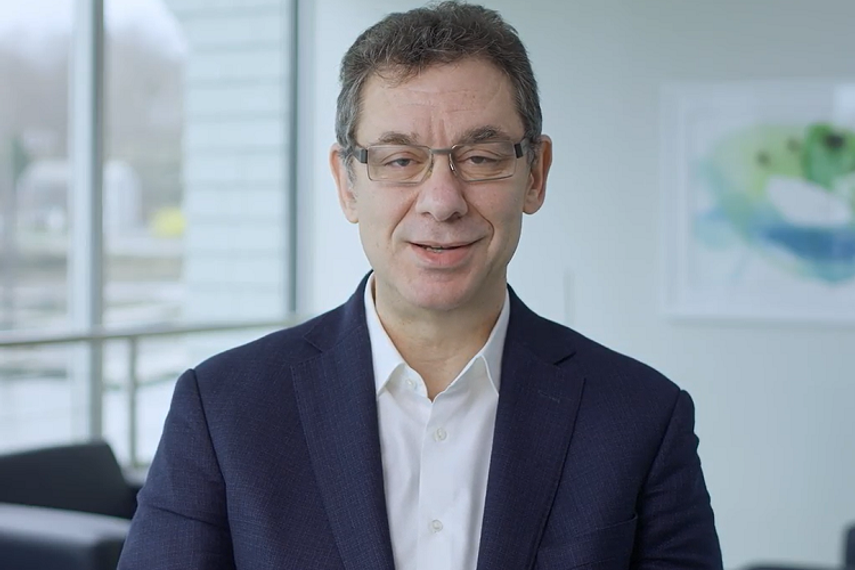
Please sign in or register
Existing users sign in here
Having trouble signing in?
Contact Customer Support at
[email protected]
or call+91 22 69489600
The chairman and CEO of Pfizer discusses his first reaction to the pandemic, how the company utilised digital to create the ‘impossible’ vaccine, and more…

Contact Customer Support at
[email protected]
or call+91 22 69489600
Top news, insights and analysis every weekday
Sign up for Campaign Bulletins
Tonic Worldwide created the film for this event.
This acquisition is part of the company's plan to strengthen its digital-first business media network.
See the complete winner list for the South Asia region in the 2025 Agency of the Year awards.
Omnicom leaders rise to the top of the pecking order as details about new leadership across India, Australia and New Zealand emerge.